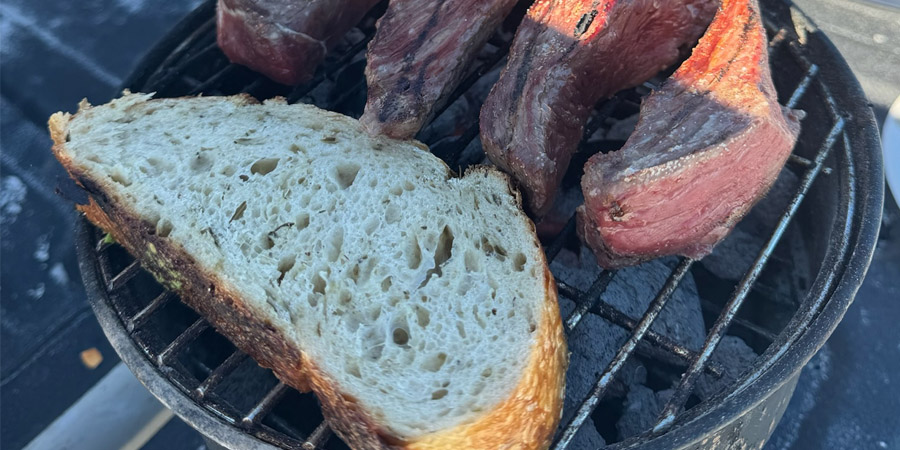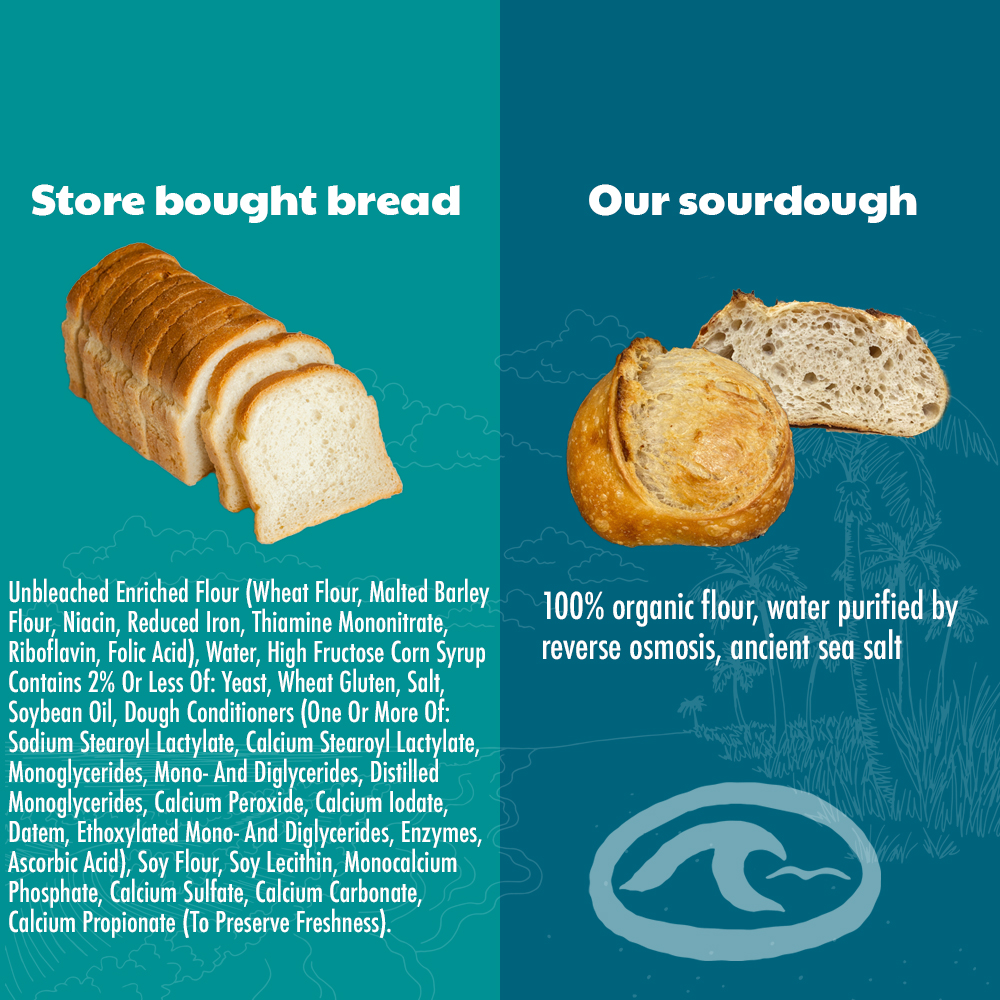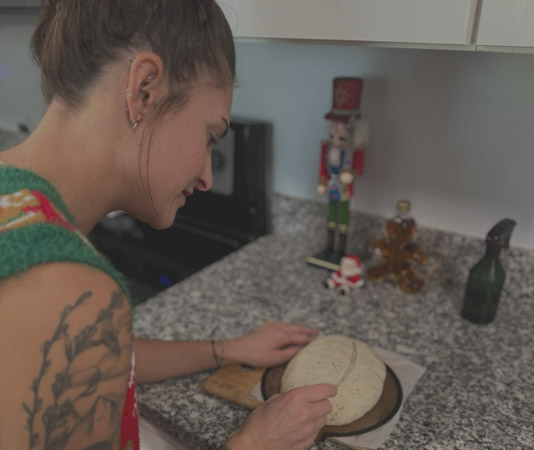How you feel in the moment, and overall well being over time. Personally those are the two metrics we think about when we try to optimize health and happiness. There are so many factors that affect these metrics: getting enough sunlight, exercise, sleep, stress management, hydration, diet etc.
By diet we don’t mean anything in particular, we define diet simply as: what you put in your body for fuel. We feel our best when we focus on the quality of the food we eat. Feeling your best is the end goal, and it’s going to take some experimenting on your part to see what is best for you. But we believe quality is the best place to start. Quality can be hard to define so we use the following common sense guideline:

If you can watch how the food is made, as well as how EVERY INGREDIENT is made, and still want to eat it after watching, then that food is probably good to eat. If you’re a human being, and you care about how you feel, and you believe what you eat impacts how you feel, I’d be willing to bet that seeing the chemical processing and the bleaching of the canola or palm or vegetable oil that goes into your grocery store loaf of bread will turn your stomach inside out. Do we even need to mention all the studies showing this stuff is highly inflammatory and inflammation leads to all the chronic illnesses we live with, including depression? I mean who’s deciding that kind of thing is even edible at this point, let alone healthy? It is so far removed from its natural state it’s a joke, but a long time ago in the process it was once a soy bean so it’s “natural”. My ass. And don’t get me started on watching folic acid being sprayed on the wheat that goes into that loaf.


On the other hand watch how we, or any other artisan organic sourdough baker, make bread. Again, pay attention to every ingredient. This time, with money on the line, I’d bet your mouth would be watering after seeing the entire process. We use a blend of wheat – all organic, some regeneratively farmed. You’d see the Central Milling farmers – farmers who care – grow, harvest, mill and sift the grains into flour all without using any chemicals, pesticides, herbicides or synthetic nutrients. You’d see the regenerative wheat grown by Cairnspring Mills using animals, insects and other vegetation for environment control and regeneration instead of machinery. You’d watch the Vera Salt team source pure salt directly from a natural brine spring, untouched by today’s pollutants like microplastics.* Finally you’d see us run our water through a reverse osmosis machine before it gets to hydrate the dough. That would be the full ingredients show for our Country Loaf and our Baguettes. If you’d stick around, you’d get to watch Kristen feed and nurture our starter Joe Dough-gan. Then you’d get to see her carefully make the dough. You’d hang out at the beach for a few days while it ferments in the fridge, then you’d finally get to watch her lovingly shape it and bake it. Go down the list of our ingredients for our other products, you’ll find the same theme – organic, truly natural, unrefined, and unprocessed or minimally processed (organic extra-virgin olive oil is an example of minimally processed, it’s just cold-pressed).
In the same way we hope to be your better alternative to grocery store bread, the common sense guideline will lead you to some other really cool alternatives. Organic grass-fed cows and corn & soy free chicken and pork all pasture raised on a regenerative farm, then humanely slaughtered without any sign of pain, we can watch that all day as opposed to factory farming which could turn a neanderthal vegan. These alternatives exist (looking at you White Oak Pastures) and we hope you find them the same way you found us. Our first goal is to be the bread on your table. The one you’re proud to eat because it doesn’t make you feel like crap and because you know the quality of everything involved and where it came from. That first goal leads into our bigger goal, which is to help reconnect people to their food systems so that we can all thrive as human beings connected to this world in a real way.
*If you’re rereading this you may remember we had a different salt. On 3/20/24 we switched to Vera Salt as it tested to have the lowest heavy metal content of any salt we’ve seen while still being microplastic free.
Get 15% off your next purchase by signing up for sourdough content delivered to your inbox!

